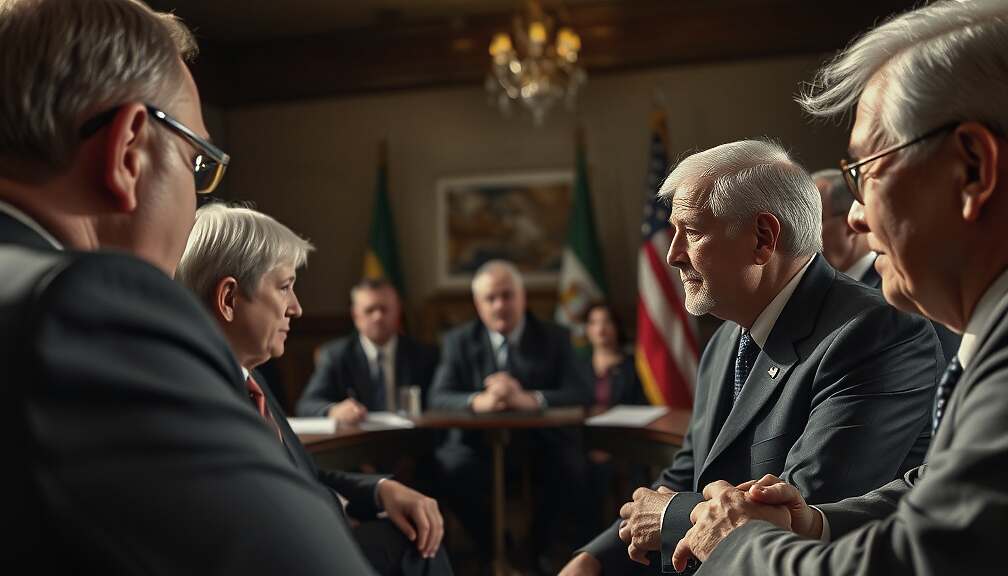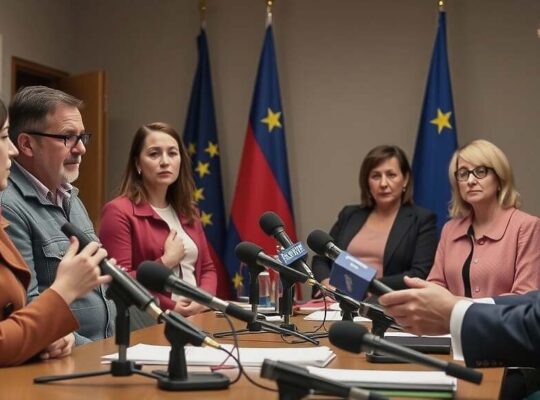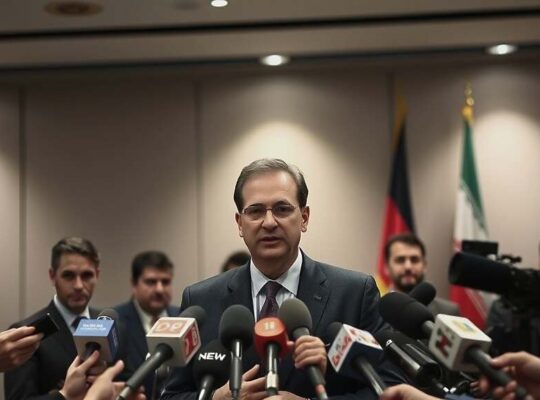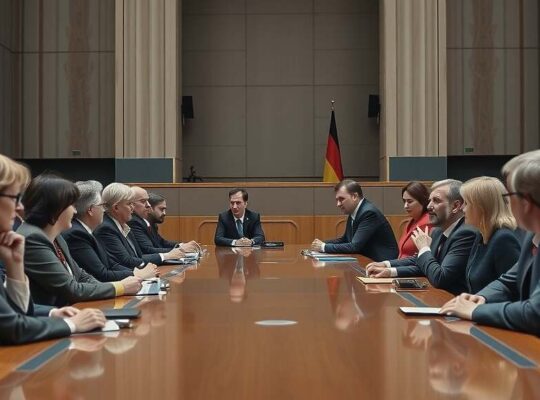The German government’s China policy is facing internal criticism following Vice Chancellor Lars Klingbeil’s scheduled trip to Beijing, with Green Party leader Franziska Brantner accusing the administration of sending a “completely contradictory signal” to China. Brantner’s rebuke, delivered to the Redaktionsnetzwerk Deutschland, highlights a perceived lack of coordination within the coalition government.
The core of Brantner’s concern stems from the juxtaposition of Klingbeil’s impending visit with Foreign Minister Annalena Baerbock’s recent decision to postpone her own China trip, citing the absence of substantive dialogue opportunities. This discrepancy, Brantner argues, suggests a “lack of planning” in Germany’s foreign policy approach and undermines the government’s credibility on the international stage.
The timing of Klingbeil’s visit is particularly sensitive, occurring against the backdrop of China’s tacit support for Russia’s war in Ukraine and the implementation of new trade restrictions. Brantner emphasized the urgent need for a “clear, coordinated China strategy” underlining the intrinsically linked nature of economic, foreign policy and security objectives. Her pointed remark, “After the Moscow connection, we don’t need another Peking connection” underscores a concern that Germany risks repeating past missteps in its dealings with authoritarian regimes.
Furthermore, Brantner challenged Klingbeil to address Germany’s recent threats to curtail the supply of crucial semiconductors and rare earth minerals during his meetings. She insisted he advocate for “fair competition” in Beijing, raising questions about the extent to which Germany is willing to leverage its economic leverage in its diplomatic interactions with China. The internal dissent signals a deepening debate within the German government about the appropriate strategy towards a strategically complex and economically significant China.












